A 3-Day Symposium
This year, the Institute of Archaeology (IA) hosted our 19th Belize Archaeology Symposium (BAS). The BAS is a space for archaeologists working in Belize to share their findings and project updates with the public with a target on local and foreign students, tour guides, and tour operators. The Belize Archaeology Symposium provided a space for 42 archaeology-based papers to be presented. Over the three days, approximately 250 individuals joined the sessions in person while about 1000 joined in via our Facebook live stream. The symposium, therefore, had a much further reach than ever before, spreading archaeology-based information to all Belizeans and beyond. This year, the special discussion theme was Sustainable Legacies: Exploring Ancient Maya Environmental Adaptations and Resilience. Eighteen papers specifically focused on the special topic, which provided a forum for much discussion on human adaptability and resilience.
This year as part of our strong collaboration with the Ministry of Tourism and Diaspora Relations as well as with the Mundo Maya community, the IA extended an invite to the Mundo Maya Organization to feature presentations on their work in archaeology and tourism in Mexico, Honduras, Guatemala and El Salvador at our BAS 2024.
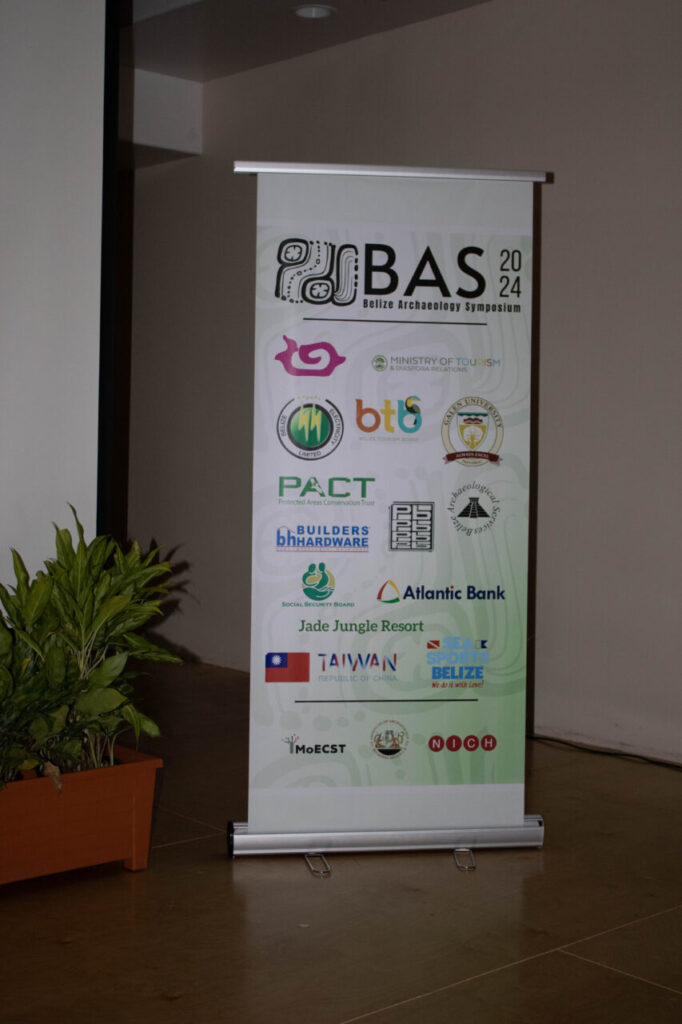
Numerous presentations also showcased archaeology field research and investigations occurring in Belize; providing updates on archaeological research being conducted, such as the Actun Tunichil Muknal (ATM) cave digitizing project, underwater archaeology at Paynes Creek National Park in the Toledo District and at St. George’s Caye in the Belize District, Maya and Historic research on Ambergris Caye, and preceramic projects in northern Belize to name a few.
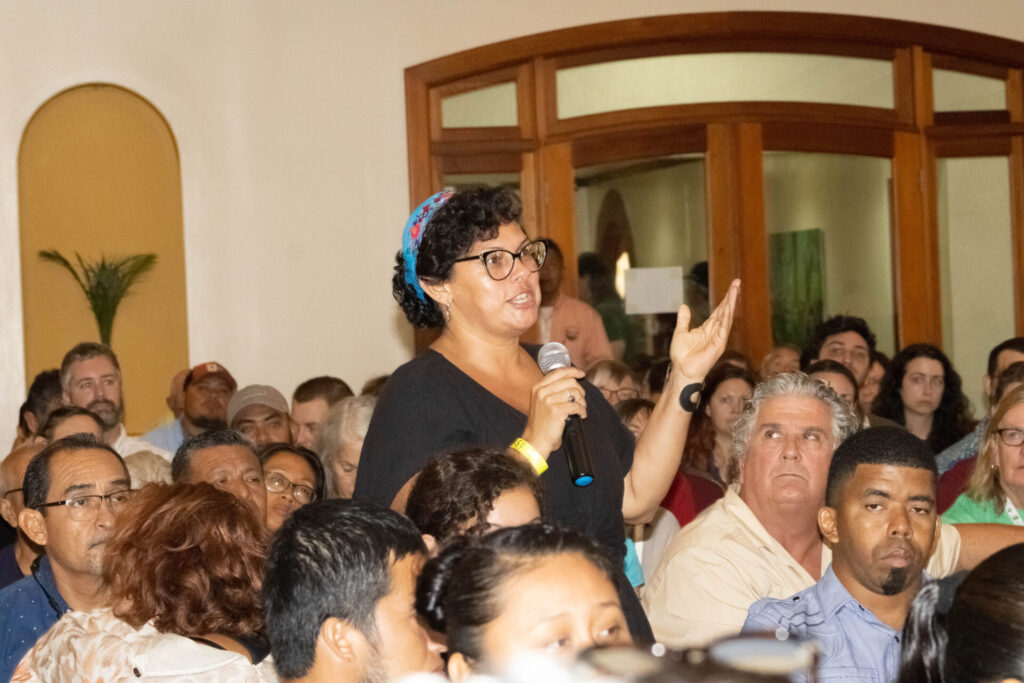
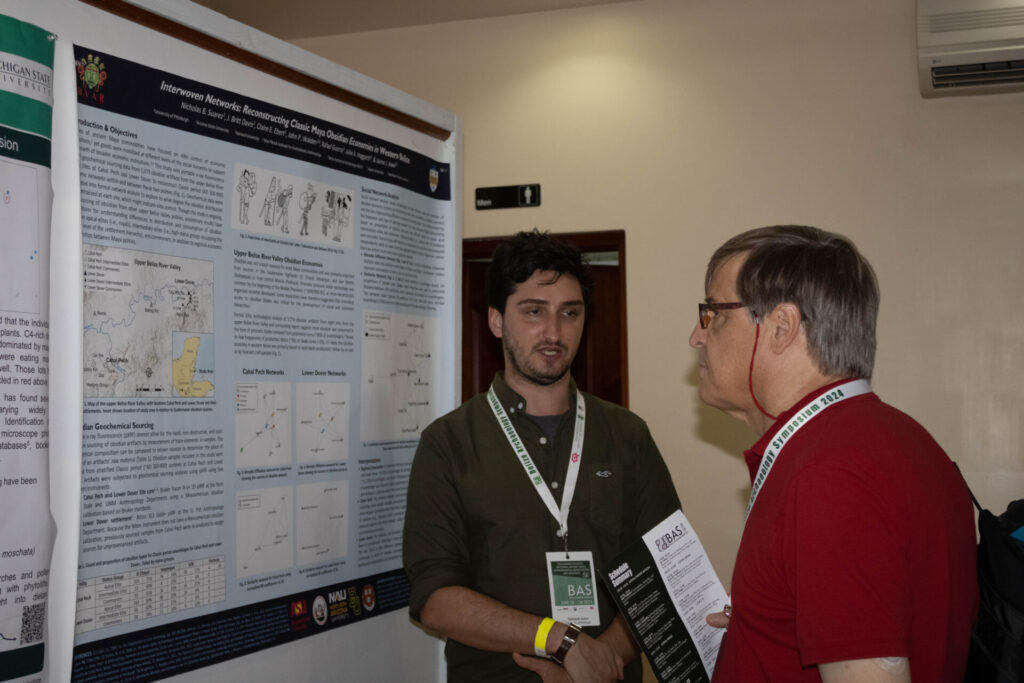
A unique feature of the BAS is the inclusion of short discussion sessions following each paper. The IA strives to create a relationship between archaeological research projects and the public, as this is in truth everyone’s heritage. After each presentation, the IA created a space for Q&A. This allowed attendees to ask questions about the presentation and get up to date answers from the researchers themselves. We are delighted that, from our data, students and tour guides participated more than ever, and took advantage of these Q&A sessions demonstrating their interest in archaeology.
The Institute of Archaeology is grateful for all the papers presented and for the incredible turnout and participation of attendees. Given our now biennial schedule, we look forward to our 20th Belize Archaeology Symposium in Summer 2026!
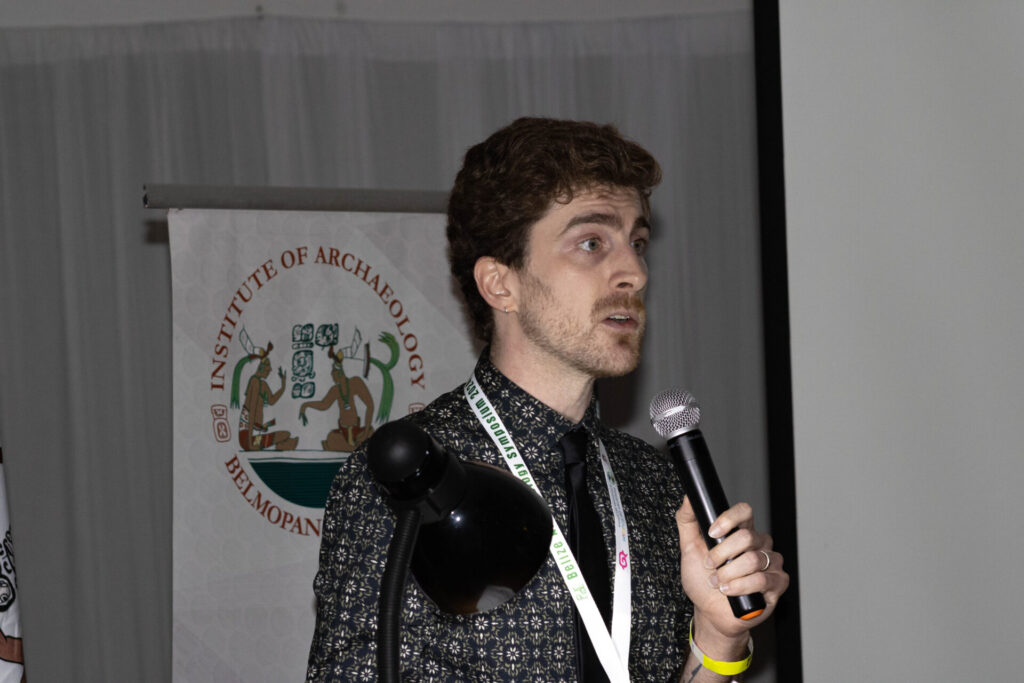
Written by Rumari Ku
Archaeologist at the Institute of Archaeology (IA)


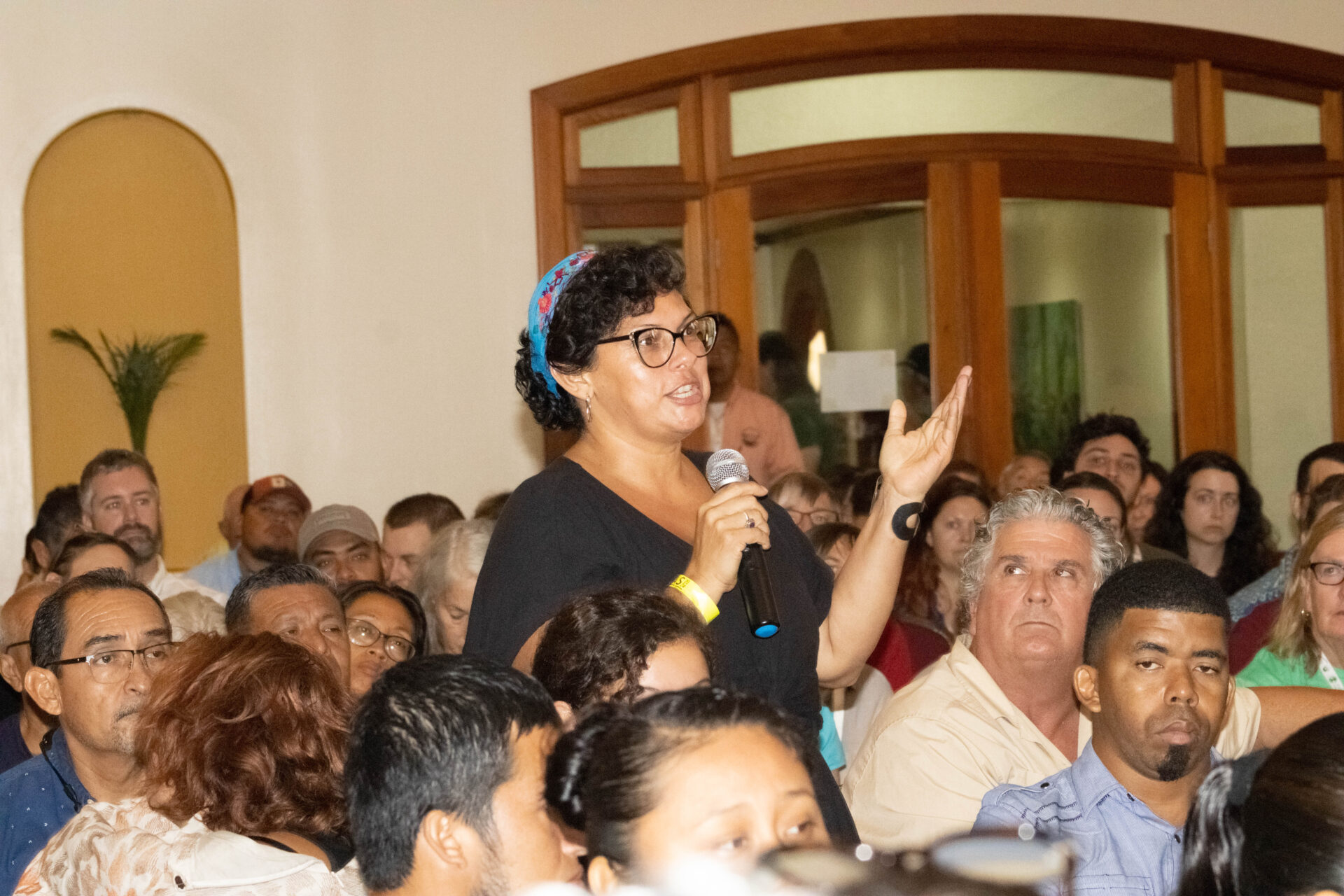
Add your first comment to this post